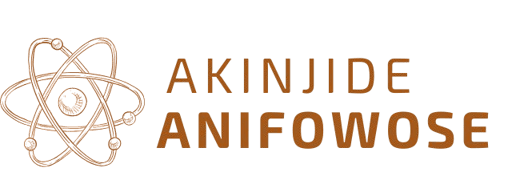Project
Research/Teaching Assistant, Information and Computer Technology, Lead City University, Nigeria
Research Objective
The primary goal of this engagement was to bridge the gap between theoretical instruction and practical research application in computational biology and bioinformatics.
Specific objectives included:
Enhancing research quality by reviewing laboratory protocols and project methodologies.
Guiding undergraduate students in research design, data handling, and result interpretation.
Integrating bioinformatics tools and data analysis techniques into the university’s ICT curriculum.
Promoting interactive learning and problem-solving approaches for scientific computing.

Methodology and Workflow
1. Research Supervision and Mentorship
- Supervised multiple undergraduate research projects, providing mentorship on data collection, analysis, and presentation.
- Strengthened the relationship between students and faculty supervisors by improving communication channels and feedback systems.
- Encouraged interdisciplinary research collaboration between ICT and life sciences students.
2. Curriculum Design and Implementation
- Designed and implemented a revised course curriculum emphasizing computational and analytical thinking.
- Introduced practical modules on bioinformatics data analysis, including sequence alignment, molecular modeling, and statistical programming using R and Python.
- Developed teaching materials and laboratory manuals tailored to align with global academic standards.
3. Methodology Review and Laboratory Optimization
- Evaluated and standardized laboratory methodologies to ensure quality and reproducibility of student experiments.
- Reviewed project proposals and experimental designs for methodological accuracy and ethical compliance.
- Introduced updated approaches to data preprocessing and computational analysis, increasing efficiency and result accuracy.
4. Data Analysis and Bioinformatics Support
- Provided technical support in bioinformatics applications, including data mining, sequence analysis, and biological database management.
- Trained students in statistical tools (SPSS, Excel, R) and data visualization techniques for research interpretation.
- Assisted faculty researchers in processing and analyzing biological data sets for collaborative academic projects.
Key Outcome and Achievements
Successfully redesigned course modules to emphasize bioinformatics and computational biology principles.
Improved research engagement and performance among undergraduate students through targeted mentorship.
Enhanced the quality of laboratory reports and data-driven analyses in student projects.
Contributed to the university’s transition toward data-centric academic instruction in life sciences and technology.
Research and Academic Impact
This experience played a crucial role in fostering a data-driven academic culture at Lead City University, aligning ICT education with the growing demand for computational literacy in biological research.
The initiative helped:
Strengthen the research capacity of undergraduate students.
Integrate bioinformatics as a core analytical skill in ICT-related programs.
Inspire collaborative innovation between computing and life sciences disciplines.
Skills and Tools Applied

Programming Languages: R, Python, Unix shell scripting
Data Analysis Tools: SPSS, Excel, and MATLAB
Bioinformatics Skills: Sequence analysis, data integration, and visualization
Curriculum Development: Course design, assessment frameworks, and learning evaluation.
Other Researches
& Projects
My Footprints
Send me a message
©2025. Akinjide Anifowise Online Resume | All Rights Reserved.


